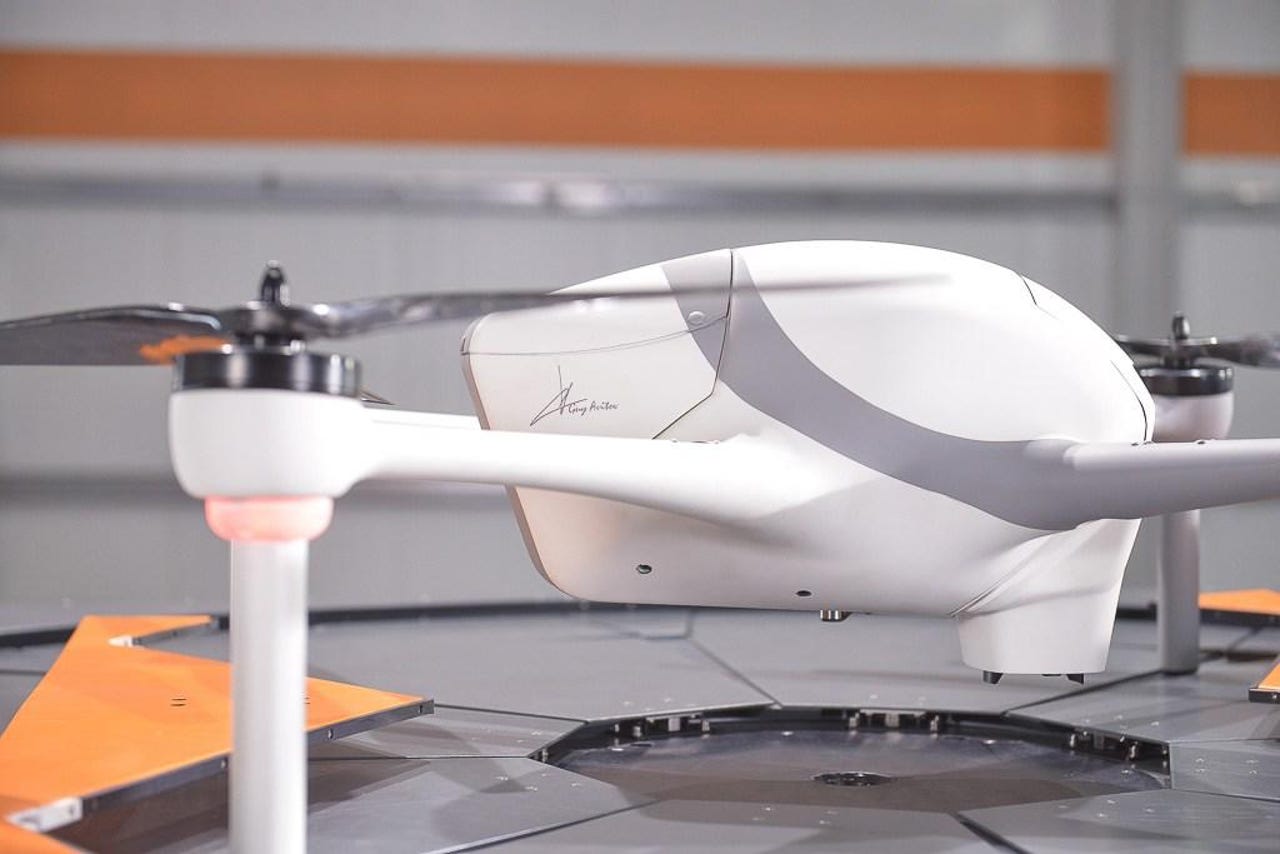Here's why Israel is set to become a 2020s tech powerhouse


Though often overshadowed by larger countries, Israel has one of the world's hottest tech scenes. Companies like Waze (an Israeli export acquired by Google) and Mobileye (an autonomous driving company acquired by Intel for a whopping $15.3 billion) have made big headlines, but it's the country's startup culture that's really driving a massive innovation economy, one that's set to shape several technology sectors in the 2020s.
Robotics and drones, two fields I track closely, are areas of particularly rich development with companies like Fabric (previously CommonSense Robotics) and Airbotics.
Consider that Israelis started more than 10,000 companies between 1999 and 2014, a full 2.6 percent of those have revenues of more than $100 million. The country routinely spends northward of 4 percent of its GDP on R&D (the U.S. spent 2.83 percent of GDP on R&D in 2017, by comparison).
Read also
There are many drivers of the industry, but education turns out to be one of the major factors for Israeli's surging technology economy. The country's Council for Higher Education (CHE), the official authority for higher education in Israel, just released data on the segmentation of undergraduate students in the 2018-19 academic year supporting that thesis. For the second consecutive year, engineering studies have the highest enrollment (35,041 students, representing 18.4 percent of the total).
The country has been promoting engineering among prospective students through a number of initiatives, and the results are striking. Over the past ten years, Israel has seen an increase of 80 percent in the number of computer science students.
That represents a reversal of a major educational trend. For decades, the social sciences were the largest fields of study in Israel and considered the most sought-after majors. Now, engineering studies have overtaken the social sciences for the second consecutive year.
According to the CHE, while law and business administration programs were considered highly desirable courses of study over the past 10 years, recent data show an approximately 20 to 25 percent drop in enrollment, while high-tech programs have grown.
This is all by design. The CHE has embarked on a multi-year program to strengthen high-tech education. As part of the program, the Planning and Budgeting Committee (PBC) allocated incentives worth several hundred million shekels to academic institutions for the absorption of students and faculty members, as well as constructing and upgrading research and educational infrastructure.
"The new data show that we have accomplished our mission, and thanks to incentives given to academic institutions and the expansion of infrastructure, we were able to revolutionize the subjects studied in Israel – many students are choosing the challenge of high-tech studies," said Professor Yaffa Zilbershats, Chairperson of the PBC. "This significant change in the academic system will have a major impact on the Israeli economy. In collaboration with academic institutions, we are determined to continue the trend, to promote entrepreneurship and innovation in Israel and to integrate academia and industry."
There's always the fear that over-emphasizing one group of disciplines will have deleterious longterm consequences. The CHE notes that it hopes schools will work to create interdisciplinary programs that will provide graduates with diverse tools that aren't siloed by traditional program delineations. As one target, the CHE suggests that students studying high-tech, business, and economics should also be able to participate in courses in philosophy, literature, art, history, cultural studies, and more, in their degree program.